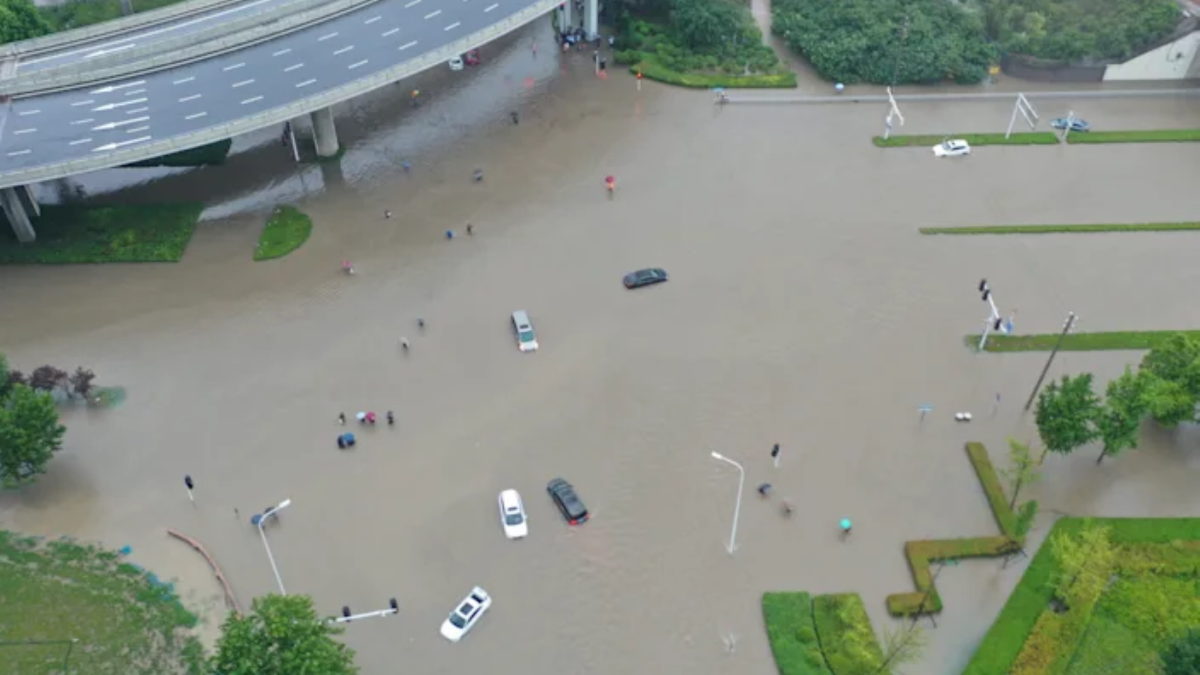Solar project to destroy thousands of Joshua trees in the Mojave Desert – “Let’s destroy the environment to save the environment”

By Melody Petersen
31 May 2024
BORON, California (Los Angeles Times) – A renewable energy company will soon begin clearing thousands of protected Joshua trees just outside this desert town, including many thought to be a century old, to make way for a sprawling solar project that will generate power for 180,000 homes in wealthier coastal neighborhoods.
The 2,300-acre project has angered residents of Boron and nearby Desert Lake, two small Kern County towns where the poverty rate is twice the California average. Residents say their concerns about construction dust, as well as the destruction of the mostly pristine land that is habitat for endangered desert tortoises, have been ignored by the county and state officials who approved it.
“Let’s destroy the environment to save the environment. That seems to be the mentality,” said Deric English, who teaches at Boron Junior-Senior High School. “It’s hard to comprehend.”
English was part of a group that found the fungus that causes valley fever in samples of soil from the five parcels surrounding the two towns where the solar panels will be built.
“How are kids going to be able to play outside?” asked Melanie Richardson, a nurse who has sons at schools near the site. “So many people from our community were begging them not to approve this project, and they passed it regardless.”
The controversy over the Mojave Desert project is an example of the trade-offs being made in California as state and local government officials press for a rapid expansion of clean energy. Although solar and wind fields are expected to help mitigate climate change, they are also tearing up undeveloped land, harming threatened plants and wildlife and causing concern in nearby communities, which are often small and far from the state’s cities.
“Rural communities that don’t have political power just get ramrodded over,” English said.

The site, known as the Aratina Solar Project, is being developed on private land by Avantus, a California company that is mostly owned by KKR, the global private equity firm.
Crews have been scheduled to start clearing the site of the iconic Joshua trees Monday, said a person who was briefed on the project. The person declined to be named since they were not authorized to discuss it.
The company decided to take the extra step of shredding the trees onsite, rather than leaving them in piles or hauling them away whole, the person said, to reduce the visibility of the tree clearing.
Avantus executives would not confirm the June 3 date but said that the contractors had begun site preparations this month and “will soon begin selectively clearing the area of vegetation and other large natural obstacles” approved for removal by the county and state wildlife officials.
The company said the massive solar and battery storage project will have environmental benefits that outweigh the destruction of the Joshua trees and habitat of protected wildlife.
“While trees will be impacted during project construction, vastly more Joshua trees are being threatened by climate change caused by rising greenhouse gas emissions, which the Aratina solar project directly addresses,” the company says on its website. [more]
Solar project to destroy thousands of Joshua trees in the Mojave Desert


